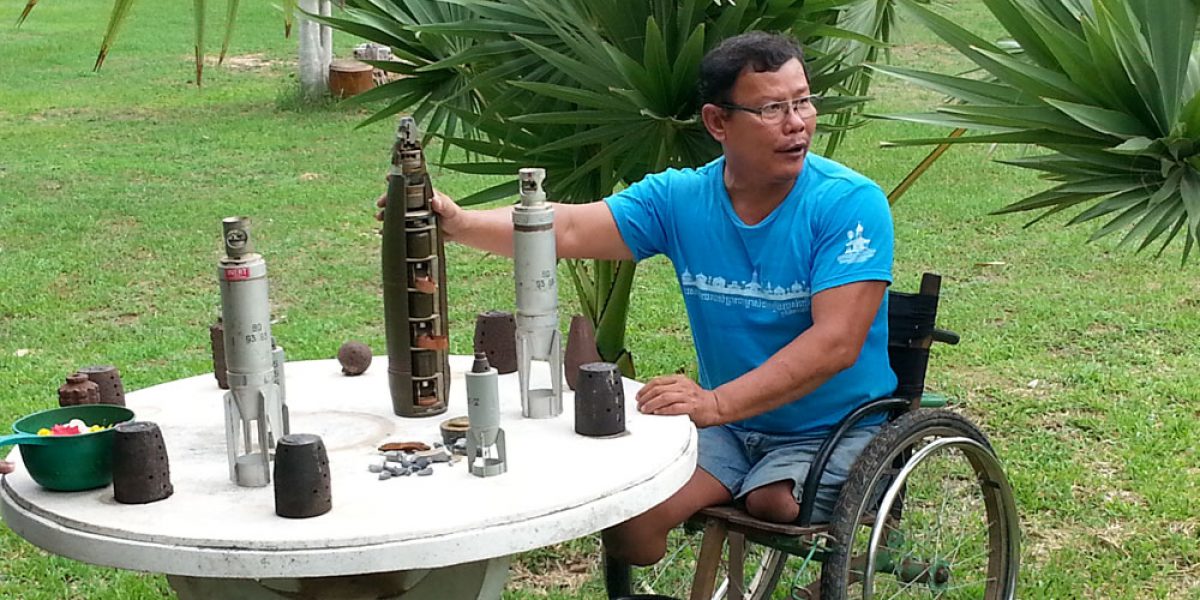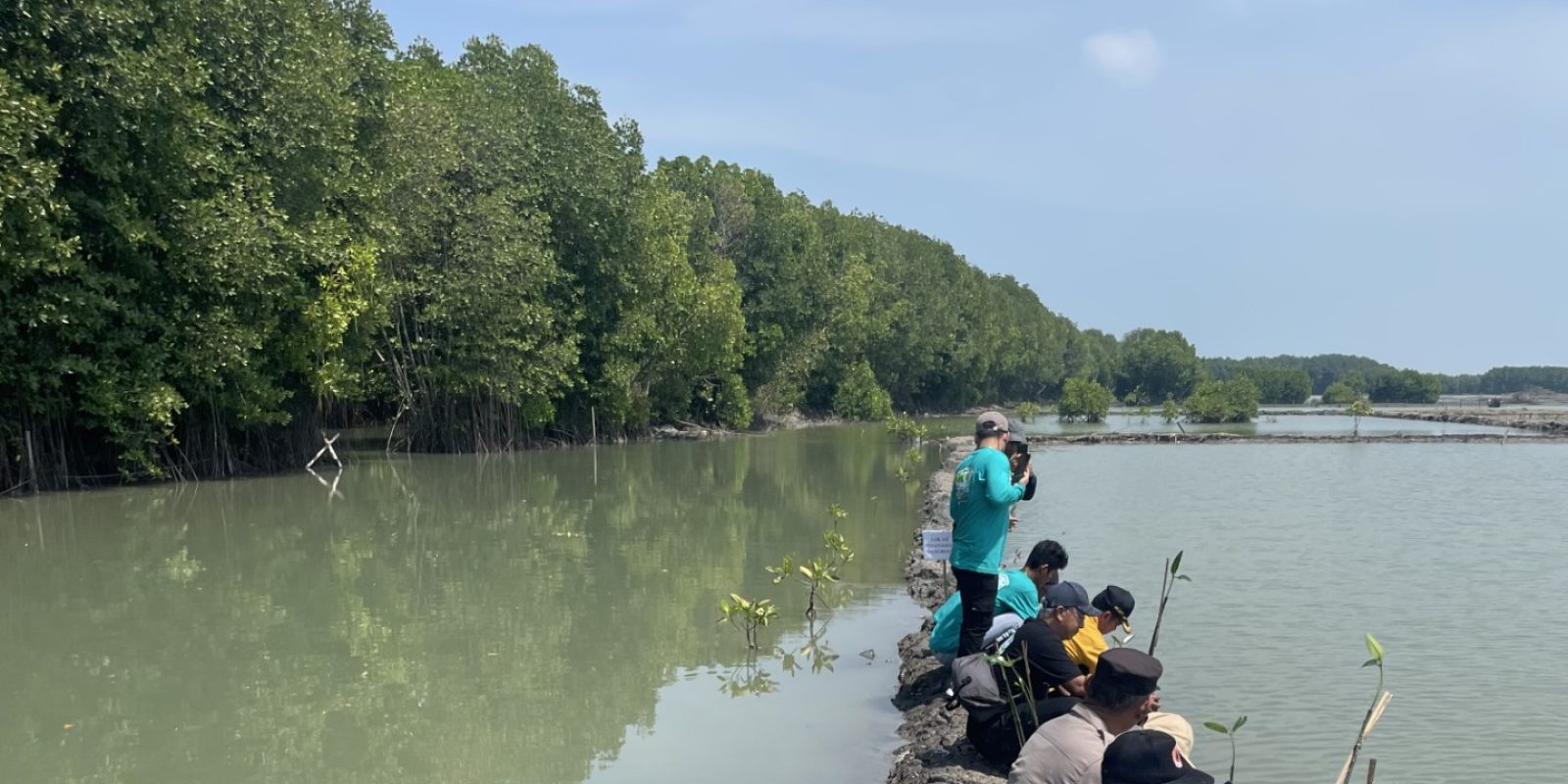Cambodia: workshop promotes reconciliation in the lives of refugees
05 August 2013

Siem Reap, 5 August 2013 – Although the issue of reconciliation has always been of concern to the Jesuit Refugee Service, in the past five years the organisation has begun mainstreaming reconciliation into all its work.
As a first step, in line with the commitment made in the 2012-2015 Strategic Framework, JRS partnered with the US university Boston College to co-sponsor a reconciliation workshop in Siem Reap, Cambodia in late June. Participants produced a corresponding draft document articulating the principles of reconciliation underlying JRS programming. The final version will be published this autumn.
“JRS has committed itself to sow the seeds of reconciliation by creating opportunities that break cycles of violence through concrete actions of forgiveness, hospitality, compassion and justice”, said Ken Gavin SJ, JRS International Assistant Director after attending the workshop.
“Our work with refugees is a constant reminder of the division and violence that exists in so many countries and convinces us of the great need for reconciliation in today’s world. Our teams must grow in understanding the complex aspects of evil (e.g. impunity, revenge, hatred and rape) and their causes within the countries where we serve”, the document explains.
Witnessing reconciliation. In order to deepen their own understanding of and reflect on the challenges involved in reconciliation work, the workshop participants visited significant sites from Cambodia’s painful past.
“The visit to dam built by slave labour and the site of countless deaths during the Pol Pot era showed us the deep scars that often remain long after a conflict is over”, said Fr Gavin.
Diverse perspectives. The 16 participants included JRS team members working in Syria, Colombia, the Democratic Republic of Congo, Indonesia and the Philippines, along with faculty members from Boston College and international experts in reconciliation from the Muslim and Buddhist traditions, allowing participants to examine inter-faith dimensions of reconciliation.
Participants shared concrete stories of accompanying refugees in both reconciled and unreconciled communities. Through this process, participants agreed that JRS can help create safe spaces to: reflect on reconciliation through accompaniment; facilitate community reflection through religious and cultural expression; and encourage public participation through advocacy activities that promote healing in both host communities and countries of origin.
JRS participants concluded the workshop by identifying core values and elements that articulate the JRS approach to reconciliation in its ministry, each of which are built on the seven JRS values of compassion, hope, dignity, solidarity, hospitality, justice and participation.
New programming surrounding themes of reconciliation may incorporate: role recognition elements, assistance with grieving, peace and trust building, or the promotion of transitional and distributive justice.
“Our mission of reconciliation is built on a faith in God who is perfect love and present in all of human history, even in most tragic moments. We acknowledge that reconciliation is a gift, a grace from God”, the document concludes.


